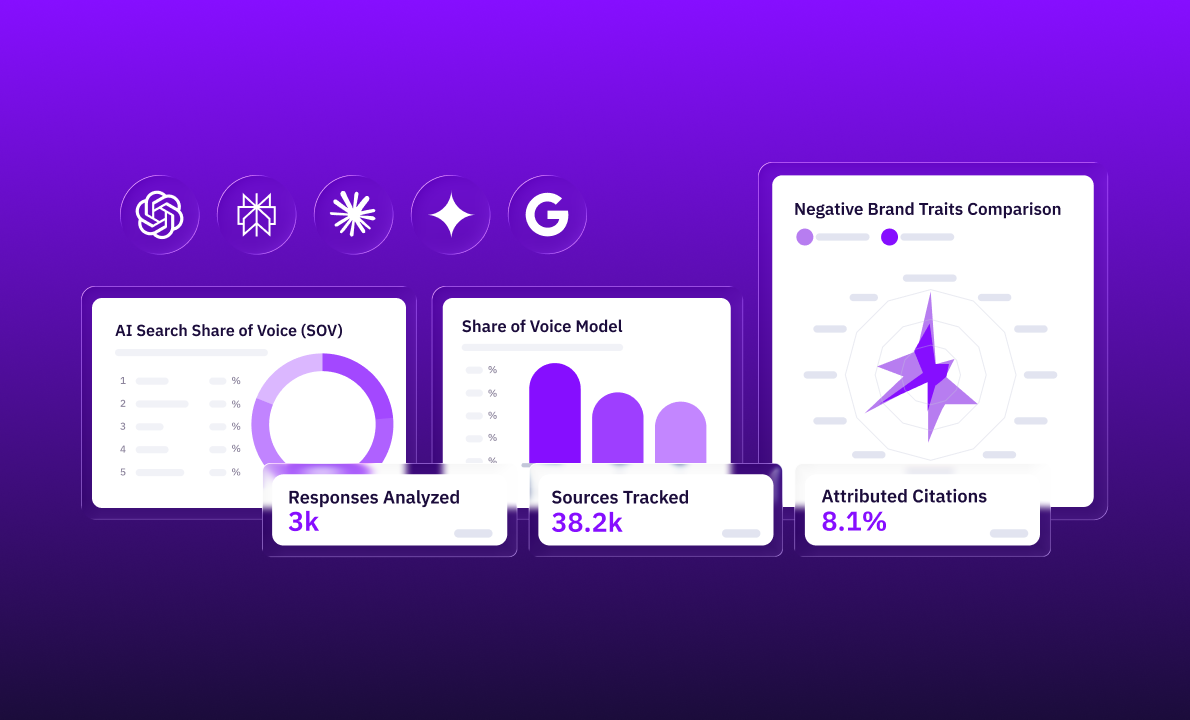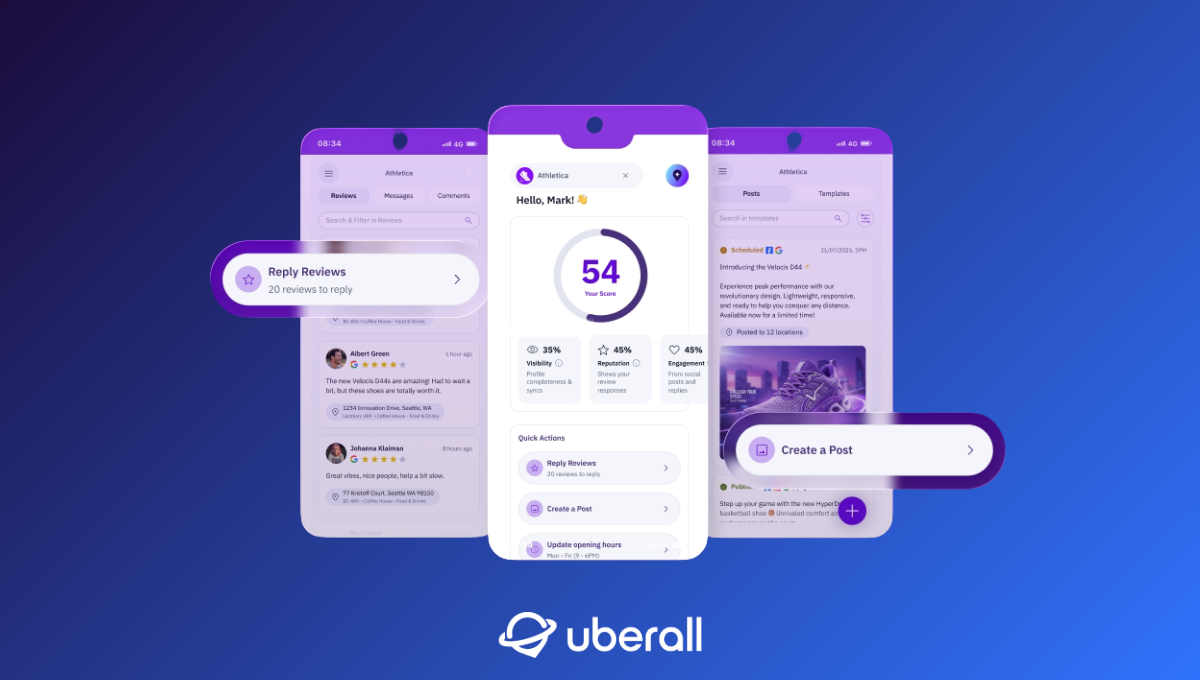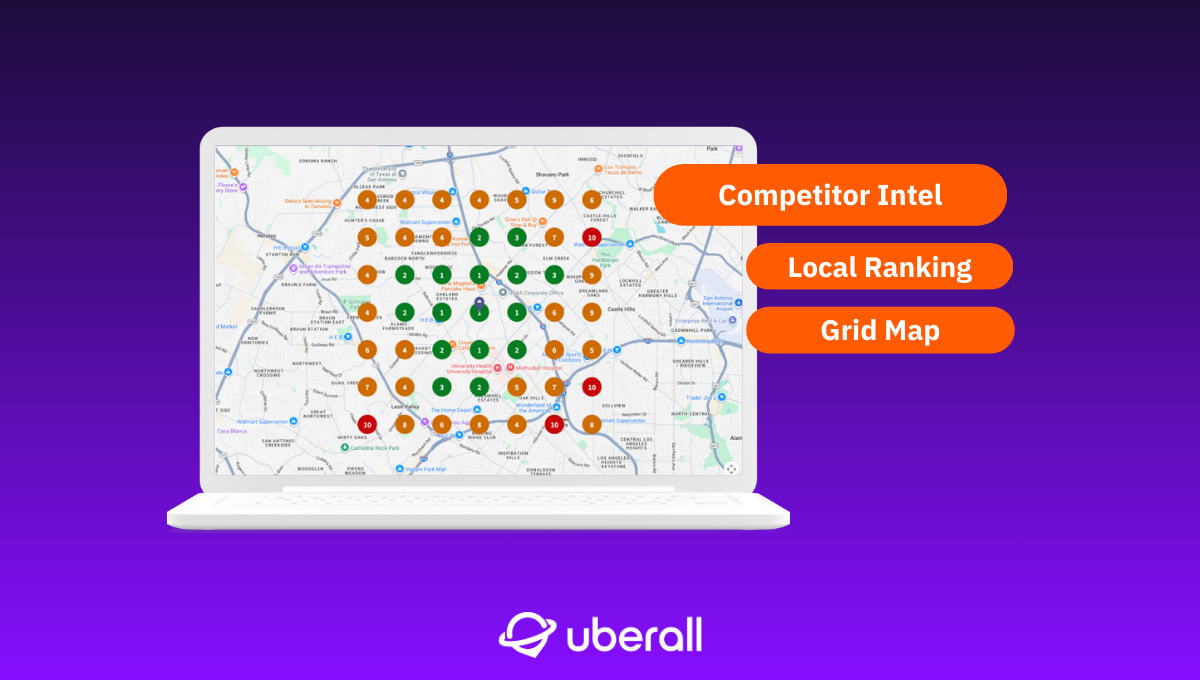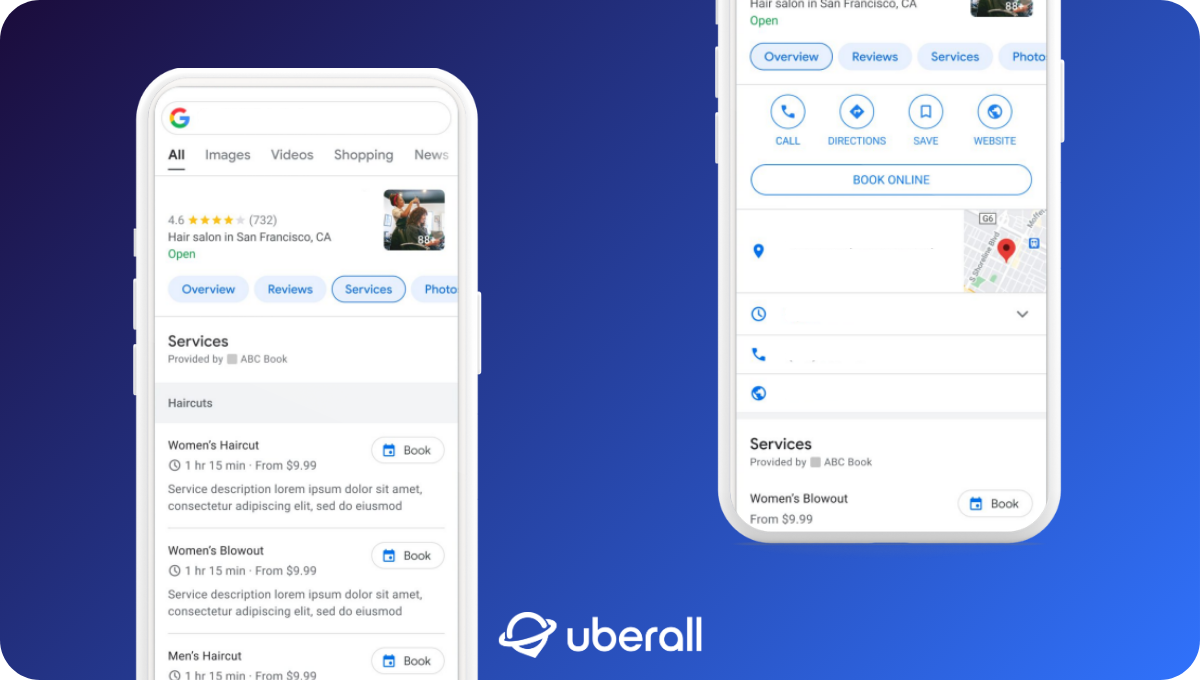
Local SEO for Multiple Locations
Do you still doubt the payoff of local SEO—or maybe never tried it yourself? Discover multiple location SEO strategies and the rewards awaiting you.
Blogs
Whether it's a regional chain, franchise, or global brand: ensuring visibility and relevance across locations is paramount for success. But how can you make your brick-and-mortar stores stand out in the competitive online search landscape?
The short answer is local SEO—and the longer answer awaits you in this blog article. We explain why mastering SEO is essential for multi-location businesses and offer practical guidance on how to do it successfully. But let us explain what we mean with local search engine optimization first.
SEO Benchmarks: Find Out Where Your Business Stands in Online Search Today
What Is Local SEO?
Local SEO refers to the process of optimizing a business's online presence for local search queries to attract more local customers. Specifically, it includes strategies like improving listings, citations and on-page elements using relevant keywords with local modifiers—though customer reviews are crucial for better search rankings, too!
The ultimate aim is to ensure that businesses appear prominently when users search for products or services in their area, ultimately driving foot traffic to physical locations and increasing conversions.
Why Local SEO Matters
By optimizing their online presence for local search, businesses can ensure that they appear prominently when potential customers search for products or services in their area. This targeted approach allows businesses to reach consumers who are actively seeking solutions within their vicinity, increasing the likelihood of conversions and fostering a stronger sense of community.
- 46% of all searches on Google involve local intent.
- 97% of users search online to find a local store.
- 28% of local searches result in a purchase.
Additionally, local SEO enables businesses to compete effectively against local competitors and stand out in their target market, establishing a competitive edge and driving business growth. Overall, prioritizing local SEO is key for businesses looking to enhance their visibility, attract local customers, and ultimately, succeed in today's competitive digital landscape.
Must-Know Local SEO Statistics To Inform Your Marketing Strategy and Maximize Impact
Why Local SEO (Sometimes) Fails
Multi-location businesses face unique challenges when it comes to SEO—because managing multiple locations means tailoring strategies to each location’s unique market landscape, demographics and search trends:
- Localized Content: Crafting unique content for each location while maintaining consistency across all platforms can be daunting.
- Local Citations: Ensuring accurate and consistent business information (name, address, phone number) across online directories is crucial for local SEO success.
- Local Competition: Competing with both local and national brands in each location requires a tailored approach to SEO to stand out in search results.
- Local Review Management: Responding to reviews across different platforms for each location is crucial for reputation management but requires diligent monitoring.
- Consistent Brand Identity: Ensuring that each location reflects the brand's identity while still catering to local preferences and culture can pose a challenge.
Moreover, coordinating marketing efforts with the headquarters and / or other locations adds complexity.
SEO for Multi-Location Businesses
If you’re still wondering who needs local SEO: every company with physical stores. From maintaining brand consistency to navigating local search landscapes, implementing effective SEO strategies will increase your visibility and drive foot traffic.
SEO Strategy For Multiple Locations
Let’s explore key tactics and best practices to optimize multi location businesses’ online presence.
1. Create Location-Specific Pages
Develop landing pages for each location optimized with relevant keywords, business information, and unique content. This helps search engines understand the relevance of each location to local search queries.
2. Optimize Google Business Profiles
Claim and optimize GMB listings for each location by providing accurate business information, uploading high-quality photos, and encouraging customer reviews. In fact, GBP is one of the most powerful tools for local SEO, as it influences Google's local search results and enhances visibility in Google Maps.
3. Implement Structured Data Markup
Use markups to provide search engines with detailed information about each location, such as address, phone number, business hours, and reviews. Structured data markup enhances the visibility of location-based information in search results and increases click-through rates.
4. Localize On-Page SEO Elements
Tailor on-page SEO elements, including title tags, meta descriptions, and headers, to include location-specific keywords and geo-targeted phrases. This helps improve relevance for local search queries and boosts visibility in location-based searches.
5. Build Local Citations and Backlinks
Acquire citations (mentions of your business name and information) from authoritative local directories and websites to improve local search rankings. Additionally, earn backlinks from local sources to enhance the credibility and authority of each location's website.
6. Develop Location-Specific Content
Create blog posts, articles, and other content that address the specific needs, interests, and events of each local community. This not only engages local audiences but also signals relevance to search engines for location-based queries.
7. Monitor and Respond to Reviews
Regularly monitor and respond to customer reviews across various platforms, including Google, Yelp, and industry-specific review sites. Addressing feedback, whether positive or negative, demonstrates responsiveness and enhances the reputation of each location.
8. Utilize Localized Social Media Strategies
Engage with local audiences on social media platforms by sharing location-specific content, promotions, and events. Leverage geotargeting features to reach users in the vicinity of each location and encourage community interaction.
9. Implement Mobile-Friendly Optimization
Ensure that each location's website is optimized for mobile devices, as a significant portion of local searches occurs on smartphones. A mobile-friendly website enhances user experience and improves visibility in mobile search results.
10. Track and Analyze Performance
Utilize tools like Google Analytics, Google Search Console and GBP Insights to track the performance of each location's website, including traffic, rankings, and user engagement metrics. Analyzing data allows for ongoing optimization and refinement of SEO strategies.
What’s the Difference Between Organic & Local SEO—And Their Joined Impact?
How Long Does Local SEO Take?
The timeline for seeing results from local SEO efforts can vary depending on various factors such as the competitiveness of the industry, the current state of the business's online presence, and the effectiveness of the SEO strategies implemented.
Generally, businesses may see some improvements within a few weeks to a few months after initiating local SEO activities. However, significant improvements, such as higher rankings in local search results and increased website traffic, typically take several months to a year to achieve.
While it requires patience and ongoing commitment, the payoff of improved visibility, increased customer engagement, and higher conversion rates makes the investment in local SEO worthwhile for businesses aiming to dominate their local market.
But remember: Consistent efforts in optimizing listings, building local citations, creating localized content, and acquiring positive reviews are essential for long-term success. On the other hand, well-meaning actions regarding your search engine optimization can actually lead to negative SEO outcomes if not carefully managed.

Who Owns Local SEO Efforts?
When it comes to managing local SEO for multi-location businesses, the first crucial decision is determining who will take the lead: the headquarters or local teams. Each approach comes with its own set of pros and cons, and the decision depends on factors such as organizational structure, resource allocation, and the level of autonomy desired.
Headquarters Management: Higher Efficiency
Local SEO managed by the headquarters offers consistency, meaning: uniform branding, messaging, and SEO strategies across all locations for a cohesive brand identity. It also brings efficiency through streamlined processes for implementing changes, monitoring performance, and tracking results. Moreover, headquarters often have access to specialized SEO professionals or agencies with experience in managing large-scale campaigns.
However, this approach also presents challenges. There may be a lack of local insights, leading to potential gaps in understanding local markets, trends, and consumer behavior. Centralized decision-making processes may result in delayed responsiveness to local events or feedback. Additionally, local teams may feel constrained by centralized directives, limiting their ability to tailor SEO strategies to the specific needs of their location.
Local Team Autonomy: Higher Effectiveness
Being well-versed in their community's dynamics, local teams can tailor approaches to match local preferences, trends, and competition, enhancing effectiveness. Moreover, empowering these teams fosters agility, enabling swift responses to local events and customer feedback. Through personalized engagement, local teams deepen community connections, fostering brand loyalty.
However, this decentralized approach may lead to inconsistencies in branding and messaging, potentially diluting the brand's identity. Managing SEO locally demands additional resources and expertise, risking duplication and inefficiency. Moreover, without centralized oversight, maintaining quality control becomes challenging, potentially compromising the effectiveness of SEO efforts.
Collaboration Always Wins
The decision of whether headquarters or local teams should take charge of local SEO involves striking a balance between consistency and customization as well as efficiency and effectiveness. Ultimately, the optimal approach may involve a combination of centralized guidance and local autonomy, where headquarters provide overarching strategies while empowering local teams to execute SEO tactics tailored to their markets.
Ready to Transform Your Business?
Connect with our partnership team to learn how Uberall can help you achieve similar results. Get a personalized consultation and discover the opportunities waiting for your business.
Resources











